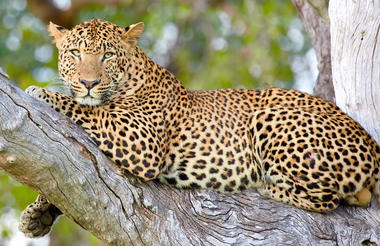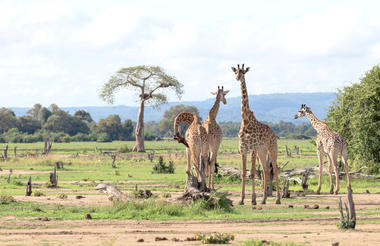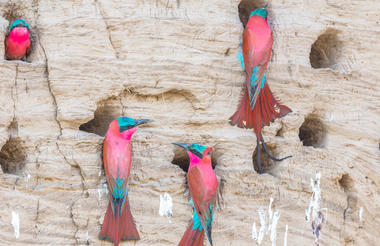Liwonde National Park is situated at the southern tip of Lake Malombe in southern Malawi. Although Liwonde is a smaller park, it is arguably the most popular of all the game parks in the country. Malawi’s main river, the Shire, forms its western boundary and is the reserve’s lifeblood. Boasting plenty of animals including hippos, kudu, elephants, crocodiles and elephants, and even black rhino, the park has become one of Malawi's premier wildlife-viewing destinations. The birding opportunities here are excellent and a favourite sighting among birdwatchers is the Pel’s fishing owl. Visitors can look forward to a wide selection of activities including canoeing, sublime boating safaris, and excellently positioned camping spots. The area is also incredibly photogenic, with its lush Borassus palms, Impala lilies, and abundant wildflowers blooming after the rains.
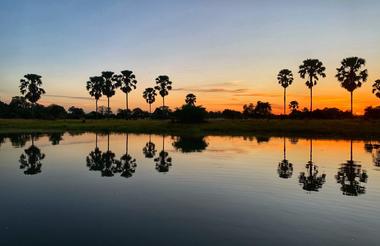
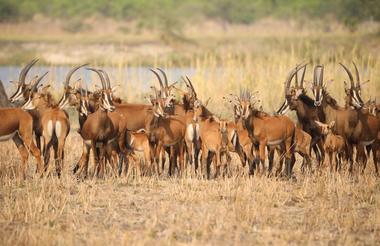

At 1,050 metres above sea level in Malawi's central region, Lilongwe bridges traditional and modern Africa within its dual cityscape. The Old Town, characterised by bustling markets, small shops, and historic golf clubs, contrasts sharply with the organised structure of the New Town, a hub of embassies, government ministries, and modern infrastructure. Lilongwe's lush green spaces, particularly the Lilongwe Nature Sanctuary, provide an urban oasis that rehabilitates injured animals while promoting environmental education. The Kamuzu Mausoleum, built of marble and granite, is the final resting place of Malawi's first president, with pillars bearing his principles of unity, loyalty, obedience, and discipline. The Parliament Building, located near Capital Hill, houses the government's operations and is an example of modern Malawian architecture. Other sights worth seeing include a day trip to the Kumbali Cultural Centre, offering the opportunity to view traditional Malawian dancing and drumming, as well as an excursion to Chongoni Rock Art Area featuring one of the densest clusters of rock art in Central Africa.
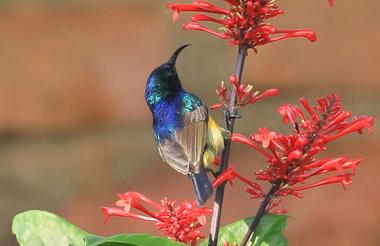


Bordering the Luangwa River, the northern and southern Luangwa National Parks contain some of the most breathtaking and untouched wilderness in Africa. As a result of this and the parks’ successful anti-poaching campaigns, the area has developed into a world-renowned wildlife haven. The South Luangwa National Park is renowned for its walking safari, which allows visitors to view elephant, hippo and even lion close-up under the supervision of professional and knowledgeable armed guides.
